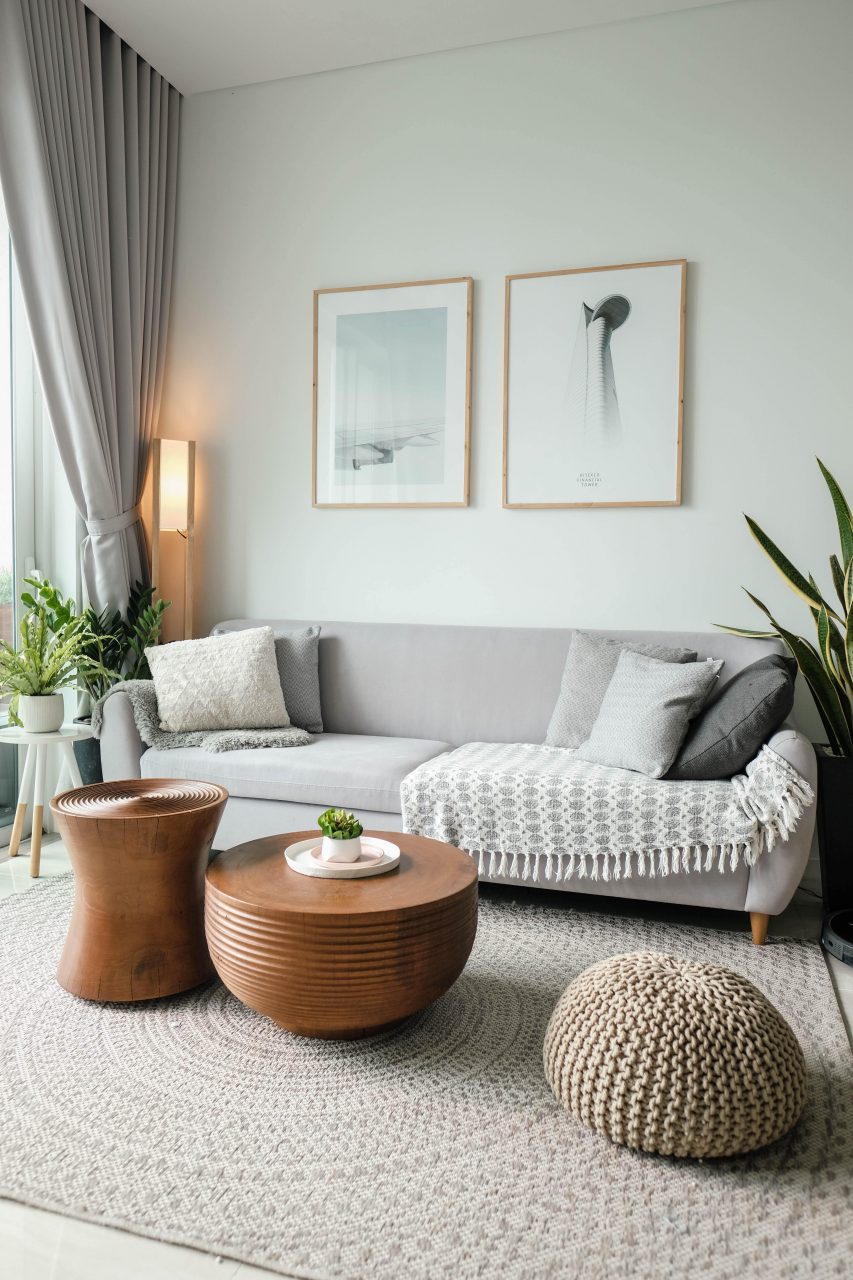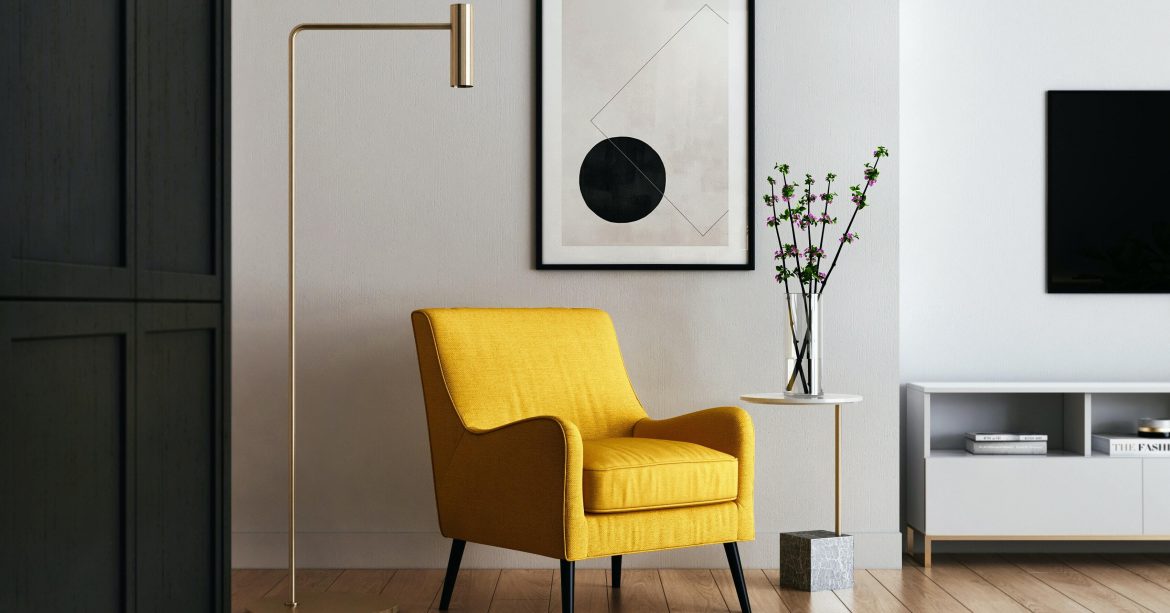Not so long ago, accumulating possessions was the norm – the sign of a life well-lived filled with treasured memories, one for every item. But that’s what’s led us here, to a society filled with hoarders that can fill any space with stuff – from a garage to an attic to a storage locker the size of a house.
Something had to give eventually, which is when a new thought came about: what if, instead of collecting things, we freed ourselves of this stuff that weighs us down, choosing what we bring into our lives carefully, with purpose, and getting rid of the clutter?
Introducing minimalism.
A Minimalist lifestyle
Minimalism is marked by clarity, purpose and intentionality. Rather than placing a focus on things, minimalism is about living with less: placing less value on possessions, and more on experiences. It’s about de-cluttering, freeing yourself everything you don’t need, and allowing spaces to open up in your life (and consequently, head) that had previously been filled with stuff.
Documentaries, books and podcasts have been released about this lifestyle in recent years, ranging from useful tips to extreme lifestyle overhauls, but don’t be scared off yet – remember that each person will have their own take on a minimalist lifestyle.
Being a minimalist doesn’t mean you have to give away everything you’ve ever owned. It just means looking at the stuff you’ve accumulated over the years and considering whether you still need that in your life; whether the amount of space it takes up in your house is worth the joy it brings you (think Christmas presents you haven’t had the heart to throw out, even though you’re never going to use them; pictures your niece painted for you aeons ago; that nice set of china plates you used once or even those suitcases you keep in the top of your wardrobe “just in case”).
Tips on living minimalistically
If you open a blog post on minimalism or load up a podcast, you’ll find they always start in the same place; taking a look at what you already own and trying to get rid of everything you don’t need. So here are some simple questions you can ask yourself when evaluating whether you still need something:
1. Does it bring you joy/ add value to your life?
2. Is it useful? (And have you used it in the last 6 months?)
3. Is it one of a kind? (Or do you have 6 of the same thing, which you only use once every couple of years?)
4. What could you do with the space it takes up? And would that bring you more joy than this item does?
And once you’ve had your clear-out, you’re ready to start from scratch. This time, using the same method to consider the things you buy – and an added benefit is that by reducing the amount of stuff you have, you cut a lot of costs you may have had previously had with purchases you can now see were unnecessary. You’ll be less inclined to follow trends, as you’ll be more focussed on what you want and need, than what others have or want. It’s a win, win!

Minimalist Interior Design Inspiration
Then, when you’ve got rid of your clutter, you’ll be ready to welcome a whole new feel into your home – a light, breezy feel that, like the lifestyle itself, is uncluttered and carefully considered.
Simplicity, clean lines and a monochromatic palette are what will make your home a mirror image of your new, lighter life, along with an open-plan design that lets in lots of natural light.
When decorated minimalistically, each room is furnished with practical, functional furniture, which is then set off by that one signature piece– maybe a painting on the wall, or a beautiful vase? Something that, if carefully placed, can pull the entire room together.
Minimalism can be practised in a whole host of ways, helping your de-clutter every aspect of your life, and even answering that fundamental question: is it more space you need, or less stuff? And not only that. In addition to being beneficial to your lifestyle, the less you buy, and the more carefully you consider each purchase, the less impact you’ll have on the environment: the less you consume, the less waste you’ll produce.
Now, doesn’t that just seem to tick all the boxes?


